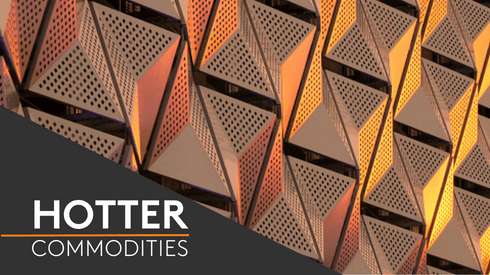This is the latest policy adopted by the world’s biggest scrap metal importer. Copper scrap, of copper content ranging 94-99.9% and meeting certain impurities thresholds, will be renamed under five categories of renewable materials.
Below is a table translated and compiled by Fastmarkets, comparing the finalized standards of copper renewable materials and the specifications internationally adopted by the scrap certification circular from the Institute of Scrap Recycling Industries (ISRI):
The finalized standards have more generous copper content requirement than the proposal. For instance, the minimum copper content for No 3 copper nodules has been reduced to 94% from 98% previously proposed.
The official policy for brass scrap reduces the eligible products from the originally proposed nine. Eligible brass scrap will be renamed under four main categories that are further divided into eight products.
The minimum copper content ranges from 56% to 75%, meaning the vast majority of brass imports will be eligible to be renamed as renewable materials.
Market attention is focused on the eligibility of the non-copper metallic content of certain European brass scrap, which could contain 2-4% of iron.
Meanwhile, aluminium scrap will be renamed under three categories of renewable materials. Those eligible for renaming are cast aluminium alloy scrap, zorba and secondary aluminium ingots under certain metal content and metal recovery rates as set out below:
China bought 1.42 million tonnes of copper and brass scrap, as well as 1.36 million tonnes of aluminium scrap, from overseas sources over the first 11 months of 2019.
Sorting capacity to match – BIR
David Chiao, president of US-based Uni-All Group, told Fastmarkets in an email that China’s intention to minimize residues arising from the consumption of scrap in metalworks could lead to new trends in the industry, including increases in sorting investment and possibly a rising scrap price.
“For recyclers, who have collected the scrap metal, it is normal practice to sort and process the scrap to meet customer specifications. In consequence, the higher the requested metal content, the more costly the scrap processing needed, and therefore the higher the scrap price,” Chiao, who is also the non-ferrous division president of Bureau of International Recycling (BIR), said.
BIR has been supporting China’s reclassification move and said it welcomes the latest set of quality criteria that certain types of scrap must meet to be a product and not classified as waste.
“The question remains whether there is the scrap processing capacity to meet the demand for high volumes of high quality scrap. In general, over the last [few] years, more investments in sorting and processing machinery have been – and continue to be – made,” he added.
[This article was first published on Monday January 20 at 11:59am London time and was updated on January 23 to correct the aluminium scrap impurity threshold to 0.5% from 0.6% previously.]





